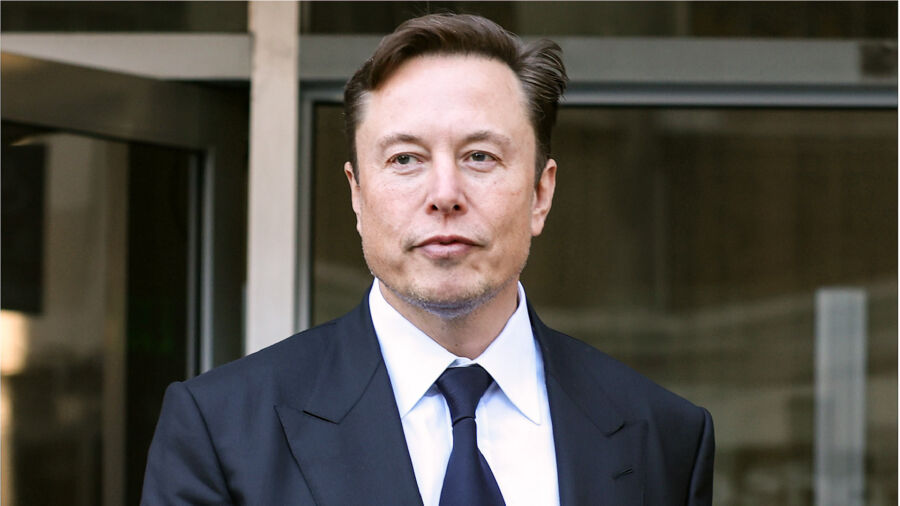Elon Musk said he’s personally paying the legacy blue checkmarks for a few celebrities who previously complained about buying the premium service championed by the new Twitter owner.
On April 20, Musk kept true to his longtime promise, and celebrities, and many others who’d been verified for free but declined to sign up for Twitter’s Blue subscription plan, began losing their legacy status.
However, Musk confirmed that he’s paying for the accounts of William Shatner, LeBron James, and Stephen King out of his own pocket to keep their checkmark.
“I’m paying for a few personally,” the Twitter CEO wrote in a tweet.
Just Shatner, LeBron and King
— Elon Musk (@elonmusk) April 21, 2023
In another post, the SpaceX founder revealed that he’s only paying for Shatner, LeBron, and King. The three famous personalities—who’ve been vocal about the multibillionaire’s plan requiring a monthly fee to keep the status—previously stressed that they would never pay for it.
“I’ve been here for 15 years giving my [clock emoji] & witty thoughts all for bupkis. Now you’re telling me that I have to pay for something you gave me for free? What is this—the Colombia Records & Tape Club?” Shatner wrote in a tweet last month.
At the time, Musk wrote in a tweet that there shouldn’t be a different standard for celebrities. “It’s more about treating everyone equally,” he said.
Musk, who has long been known for his sense of humor and often reposts funny memes, did not elaborate further on why he chose to pay for the checkmarks.
King, a high-profile critic of the new Twitter owner, said in a post on the platform that he hasn’t signed up for Twitter’s paid subscription plan, but still had a badge while others began waving goodbye to theirs.
“You’re welcome namaste,” Musk responded in a tweet, indicating he’s covering King’s subscription.
You’re welcome namaste ?
— Elon Musk (@elonmusk) April 20, 2023
Musk footing the subscription bills of several celebrities created some controversy on the platform, with Twitter users praising the “troll” move and suggesting he should add the label “Elon funded media/celebrity” to their accounts—referring to the social media firm recently labeling several media firms’ accounts, including National Public Radio (NPR).
“He’s messing with them. Them being the biggest and richest complainers about paying $8,” one user wrote.
Other Twitter users were not so happy with the move, with one user writing in a tweet, “Why on earth would u just give him a blue check …”
Introducing Twitter Blue
The majority of blue check marks, including those of the most well-known people on the platform such as former president Donald Trump, Bill Gates, and Twitter founder Jack Dorsey, disappeared from accounts on Thursday.
The move likely comes as no surprise to most, as Musk had posted back in December that the company would remove all legacy blue checks “in a few months” because “the way in which they were given out was corrupt and nonsensical.”
Prior to Musk acquiring Twitter in October 2022 for $44 billion, the social media company had handed out blue checkmarks or verification badges for free to verified user accounts, such as those belonging to celebrities, politicians, government officials, journalists, or other accounts of public interest.
One of the new Twitter chief’s first product moves was to launch a service granting blue checks to anyone paying an $8 monthly fee, or $84 per year. The relaunched service costs $8 a month for web users and $11 a month, or $115 per year, for iPhone and iPad users.
Under that plan, users also get early access to select features, like editing tweets and undoing them after publishing. Unlike the previous Twitter rules, user accounts do not have to be notable, although accounts made less than 30 days ago will not be eligible for the paid plan.
Additional gold and gray checkmarks are also available to verify businesses and government or multilateral organizations or government or multilateral officials, respectively.
Katabella Roberts contributed to this report.

